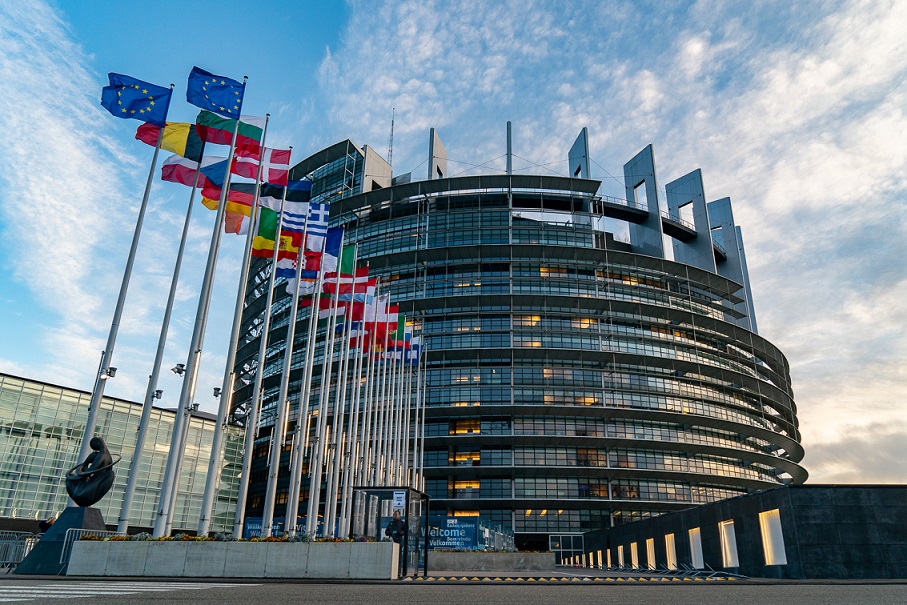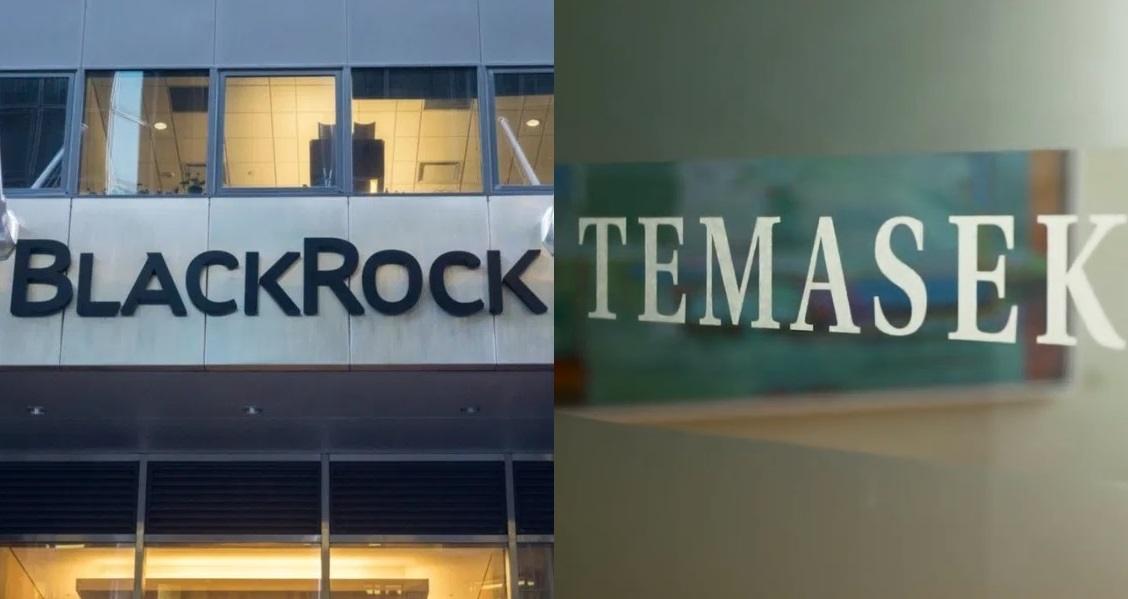Major Investment Banks Team Up With RMI on Climate-Aligned Finance Initiative
Clean Energy non-profit Rocky Mountain Institute (RMI) announced today that it is teaming up with Wells Fargo, Goldman Sachs, Bank of America and JPMorgan Chase to launch the Center for Climate-Aligned Finance. The goal of the new initiative is to help shape the financial industry’s role in facilitating the transition to a low-carbon, sustainable economy and society.
The Center’s mission is to serve as an engine room for the financial sector to partner with corporate clients to identify practical solutions through deep partnerships with industry, civil society and policymakers to facilitate a transition in the global economy to net-zero emissions by mid-century, as outlined in the Paris Agreement.
The Paris Agreement is a multi-nation pact developed by parties to the United Nations Framework Convention on Climate Change (UNFCCC) to combat climate change. The agreement’s main goal is to limit the global temperature increase in this century to below 2 degrees Celsius above pre-industrial levels, and to work toward limiting the increase to 1.5 degrees.
Reaching these targets, however, will involve massive capital investments and substantial strategic planning to transition the primary energy sources that drive the global economy. The financial sector’s involvement will be critical in these efforts.
RMI will independently administer the Center, and will collaborate with the financial sector to develop integrated solutions and decision-useful frameworks in partnership with industry clients in carbon-intensive sectors to drive decarbonization, as well as develop relevant metrics, tools and means for tracking progress toward the net-zero transition.
Paul Bodnar, chair of the Center for Climate-Aligned Finance and managing director at Rocky Mountain Institute, said:
“Climate alignment is cementing itself as the gold standard for the financial sector, but we need to acknowledge the difficulty of putting the global economy on track to net zero on an urgent timeline. The Center will shape how ambitious commitments can be effectively translated into lasting impact.”
RMI has nearly 40-years of experience developing market-based solutions for accelerating the energy transition. It will work with financial institutions and corporations to help develop practical and scalable solutions that can help accelerate the transition to a more sustainable energy platform and economy. The Center will work across industries to shape sectoral climate alignment initiatives for high-emitting industries, based in part on RMI’s experience in helping to develop and launch the Poseidon Principles for the shipping sector. It will also contribute to the development of global solutions, practices and frameworks as finance increasingly plays an important role in decarbonization of the global economy and driving a just transition.
Perry Pelos, SEVP and CEO of Commercial Banking at Wells Fargo, said:
“Wells Fargo is committed to taking a leadership role in accelerating a just transition to a low-carbon economy by working together with multiple stakeholders—most importantly our customers—to advance sustainable business opportunities. We have pledged to lend or invest $200 billion to support sustainable businesses and projects by 2030, and we are currently nurturing 46 cleantech startups through the Wells Fargo Innovation Incubator. Our commitment to The Center is timely in that it will provide a platform for the financial sector to align on approaches and methodologies to increase our impact, support our customers and communities as they innovate and adapt, and collectively drive toward a low-carbon economy and future.”
John Goldstein, Head of the Sustainable Finance Group at Goldman Sachs, said:
“We’re deploying $750 billion across investing, financing and advisory activities by 2030 and bringing our commercial expertise to help our clients accelerate climate transition and advance inclusive growth. Our work with the Center will play a pivotal role in our work assisting clients in their transition to a low-carbon economy. We are especially excited about the partnerships that the Center is forging with industry leaders across sectors and are looking forward to engaging with our peers to further the momentum on a just climate transition.”
Karen Fang, Managing Director and Global Head of Sustainable Finance at Bank of America, said:
“Our Environmental Business Initiative has deployed $158 billion over the last 13 years to low-carbon, sustainable business activities around the globe. We are directing an additional $300 billion over the next 10 years to these efforts alongside our clients and stakeholders in order to advance the United Nations Sustainable Development Goals. Addressing the global challenge of climate change will take the public, private and nonprofit sectors working together to find scalable and sustainable solutions. The Center’s climate alignment initiative is a critical step forward to better understand climate-related issues and risks, as well as opportunities to mobilize capital needed for the transition to a low-carbon economy.”
Marisa Buchanan, Head of Sustainability for JPMorgan Chase, said:
“Climate change is a critical challenge of our time. JPMorgan Chase supports the goals of the Paris Climate Agreement and the need for market-based policy measures to significantly reduce carbon emissions. The ability to make the goals of Paris a reality requires a deep understanding of the opportunities, as well as the barriers that many industries still face. We are excited to support RMI’s Center for Climate-Aligned Finance in its efforts to work together with the financial sector and a diverse range of industries to develop thoughtful and pragmatic solutions that accelerate a lower-carbon transition.”
According to RMI, the Center plans to engage a broader community of corporate leaders, financial institutions, civil society partners and other key stakeholders in its work. It is partnering with other financial institutions like Vision Ridge Partners and Amalgamated Bank as well as prominent nonprofit organizations and platforms including Ceres, the Partnership for Carbon Accounting Financials (PCAF), United Nations Environment Programme Finance Initiative (UNEP FI), 2° Investing Initiative (2dii), Mission Possible Platform, and the Energy Transitions Commission to enable low-carbon transitions for key global industries. The Center is receiving philanthropic support from the William and Flora Hewlett Foundation and ClimateWorks Foundation.
Jules Kortenhorst, CEO of RMI, said:
“When the history of the energy transition is written, the financial sector could be seen as one of the most important drivers of transformative change—but only if we work quickly and boldly in the coming years to resolve the practical barriers to climate-aligned finance. We invite other financial institutions to join us on the journey.”





